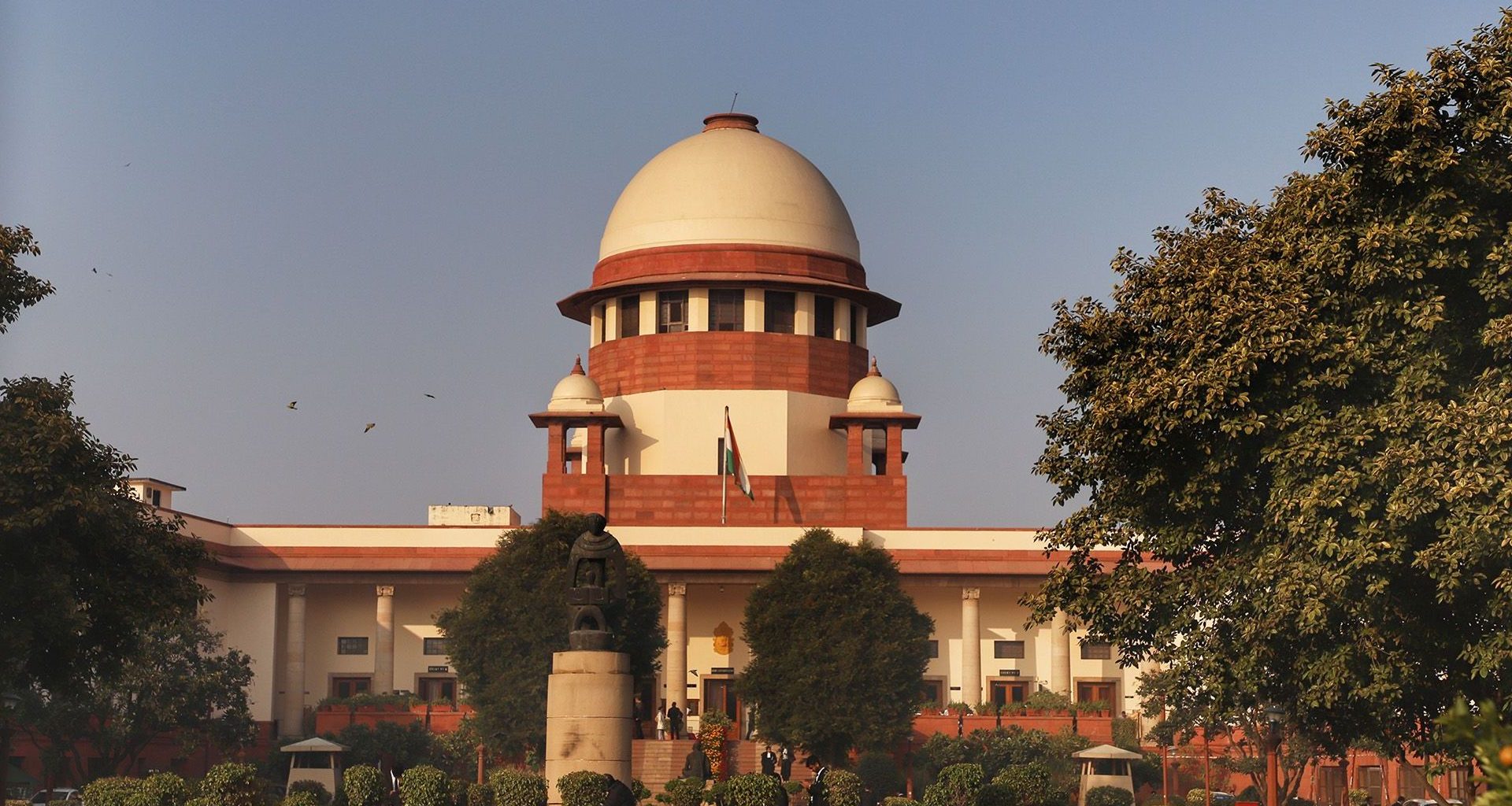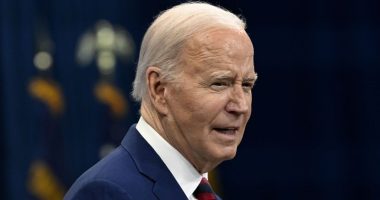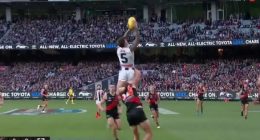
The Supreme Court gives the government-run State Bank of India until Thursday to disclose all the information.
India’s Supreme Court has ordered the State Bank of India (SBI) to submit all the details of electoral bonds, including the unique codes linking donors to political parties, just a month before the country’s general election.
The seven-year-old election funding system, called “electoral bonds”, allowed individuals and companies in India to donate money to political parties anonymously and without any limits.
In February, the top court scrapped the opaque system, calling it “unconstitutional”.
In its order on Monday, the Supreme Court gave the SBI until Thursday to provide the Election Commission of India with the unique identification numbers of the bonds, so as to allow donors to be matched with recipients.
“You have to disclose all details … we must have finality to it,” Chief Justice DY Chandrachud said.
Last week, the commission made public some data on donations made since April 2019 under the funding mechanism. Some of India’s biggest companies, such as Vedanta Ltd, Bharti Airtel, RPSG Group and Essel Mining, were among the top political funders over the last five years, the data showed.
But last week’s data did not link donors to recipients, though it showed that nearly half of all donations were received by the Bharatiya Janata Party (BJP) of Prime Minister Narendra Modi, who will seek a rare third term in the seven-phase election that starts April 19.
Corporate funding of political parties is a sensitive issue in India. Critics say the electoral bonds helped companies hide their donations to avoid any accusations of winning favours from India’s ruling BJP party.
On Sunday, Rahul Gandhi, the leader of the main opposition Congress Party, addressed a rally in Mumbai where he accused Modi’s government of using electoral bonds to extort money from companies, an accusation the government has denied.
Meanwhile, three industry bodies – the Confederation of Indian Industry; the Federation of Indian Chambers of Commerce and Industry; and the Associated Chambers of Commerce and Industry of India (ASSOCHAM) – sought to stop the court from making public information about who donated to which party.
“Protection of anonymity is critical for preserving donors’ privacy and guarding against any adversity by any opposing political factions to whom the investment is not made by a corporate,” ASSOCHAM said.
The court, however, did not hear their pleas.
Read More: World News | Entertainment News | Celeb News
Aljazera










